Korat
Korat
America’s Silver-Blue and Loyal Feline
1. Introduction to the Breed
The Korat, securing the #42 spot among the top cat breeds owned by Americans in 2024, is a silver-blue and loyal feline renowned for its sleek coat and heart-shaped face. Known for their sensitive, affectionate nature, Korats are ideal for owners seeking a devoted, quiet companion. Their shimmering fur and gentle demeanor make them perfect for calm households, from urban apartments to suburban homes, where their elegance and warmth bring tranquility and companionship.
2. History of the Breed
Originating in Thailand, Korats are an ancient breed, documented in Thai manuscripts from the 14th century as symbols of good luck. Named after Thailand’s Korat province, they were traditionally gifted to bring prosperity. Introduced to the United States in the 1950s, they were refined by breeders to preserve their unique coat and temperament. Recognized by the Cat Fanciers’ Association (CFA) in 1966, Korats gained popularity for their beauty in cat shows and as family pets, their cultural significance adding to their mystique.
Fun Facts
- Lucky Charm: In Thailand, Korats are called “Si-Sawat” (color of sawat seed) and are gifted to newlyweds for luck and prosperity.
- Silver Shine: Their silver-blue coat is said to symbolize wealth in Thai culture, reflecting their shimmering, jewel-like appearance.
- Rare Breed: Korats are one of the rarest purebred cats in the U.S., making them a prized find for cat enthusiasts.
- Heart-Shaped Face: Their distinctive heart-shaped head, visible when viewed from above, is a unique trait celebrated by breeders and owners.
3. Physical Characteristics
- Typical Size and Weight: Korats are medium-sized, standing 8–10 inches tall at the shoulder and weighing 6–10 pounds (males) or 5–8 pounds (females), with a compact, muscular build.
- Coat and Color: Their short, single-layered coat is silver-blue with a shimmering, glossy texture. The coat sheds minimally and requires light grooming.
- Distinctive Features: Korats have a heart-shaped head, large, round green eyes, and medium-sized ears with rounded tips. Their sleek body and short tail enhance their elegant, silver-blue appearance.
4. Personality Traits
Korats are affectionate, sensitive, and loyal, with a quiet personality that makes them exceptional companions. They form strong bonds with owners, preferring close-knit interaction with familiar people or pets but may be shy with strangers. Their soft vocalizations, like gentle meows or purrs, reflect their reserved nature. Korats are intelligent and moderately playful, suiting owners who can provide a calm environment and gentle stimulation to prevent stress-driven behaviors like overgrooming or hiding.
5. Care Requirements
- Exercise Needs: Korats need 20–40 minutes of daily play, such as gentle chasing games, low cat trees, or interactive toys. Mental stimulation through window perches or simple puzzle toys satisfies their mild curiosity.
- Grooming Needs: Their short coat requires brushing once weekly to maintain shine and manage minimal shedding. Regular ear cleaning, nail trimming, and dental care maintain health, as they’re prone to dental issues.
- Dietary Considerations: A high-protein diet supports their muscular build and moderate energy. Portion control prevents obesity, and foods with omega fatty acids enhance coat health. Fresh water is essential for their relaxed lifestyle.
6. Health and Lifespan
Korats have an average lifespan of 12–18 years. Common health issues include gangliosidosis (a neurological condition), dental disease, and obesity. Regular vet checkups, dental screenings, and a healthy lifestyle mitigate risks. Owners should monitor for neurological signs (tremors, weakness), dental discomfort, or weight gain and ensure a balanced diet to support overall health. Genetic testing from breeders reduces hereditary concerns, particularly for gangliosidosis.
7. Training and Socialization
Korats are intelligent and cooperative, responding well to gentle, positive reinforcement training with treats or praise. They easily learn behaviors like using a scratching post or litter box habits, with their sensitive nature requiring calm sessions. Early socialization ensures comfort with strangers, children, and other pets, reducing shyness or stress. Teaching simple routines keeps their mild curiosity engaged. Gentle play or training prevents stress-related behaviors like overgrooming or hiding.
8. Ideal Home Environment
Korats thrive in quiet, secure homes, ideal for urban apartments or suburban settings where they can relax and bond. They suit singles, seniors, or calm families who enjoy gentle interaction and a peaceful atmosphere. Indoor spaces with cozy bedding, low climbing structures, or window perches satisfy their minimal exploratory needs. Owners should provide a stress-free environment with toys and scratching posts to prevent boredom and ensure a nurturing setting for their sensitive nature.
9. What’s the Best Toy for My Korat?
Korats enjoy toys that suit their gentle, moderately playful nature and compact build. Soft plush toys for cuddling or gentle wrestling mimic prey, providing 10–15 minutes of engagement, perfect for their reserved demeanor, with supervision to prevent tearing. Lightweight feather wands encourage slow swatting or pouncing, ideal for 10–15 minute interactive play sessions to satisfy their mild hunting instincts. Small, sturdy balls for batting offer solo play, suitable for 10–15 minute sessions in a secure space. Simple interactive puzzle toys with treat compartments engage their intelligence, keeping them occupied indoors for 10–15 minutes. Avoid high-energy or small, swallowable toys to protect their comfort. Rotate toys regularly and pair with gentle games for engagement.
10. Adoption and Breeder Tips
Choose breeders affiliated with the CFA or Korat breed clubs, ensuring health clearances for neurological (gangliosidosis), dental, and general conditions. Visit the breeder to assess kitten health, meet parents for temperament insights, and confirm ethical practices, including socialization and clean facilities. Rescues like Korat-specific organizations or local shelters offer adoptable cats, often with known histories. Avoid unregulated breeders or pet stores, as Korats are prone to neurological issues if poorly bred. Ask about genetic testing, socialization, and dietary needs to ensure a healthy, well-adjusted cat.

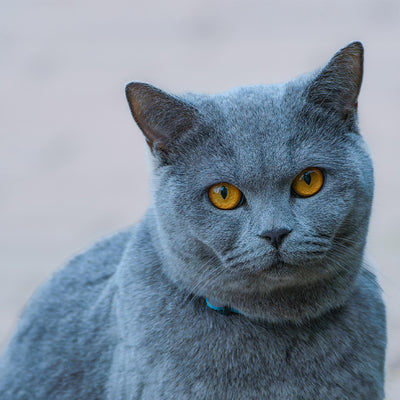
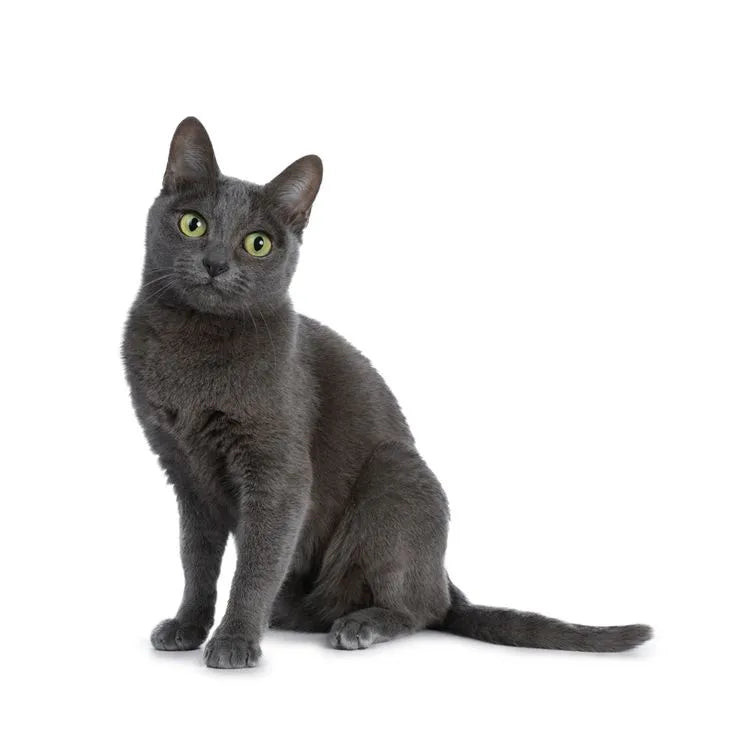
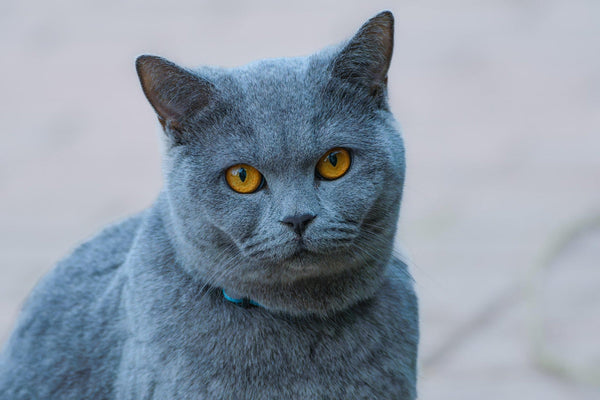
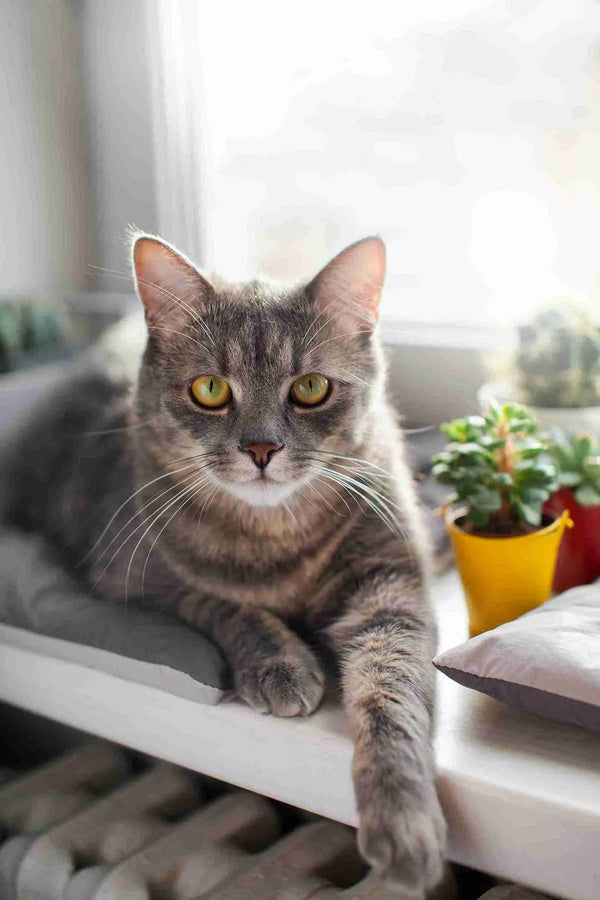
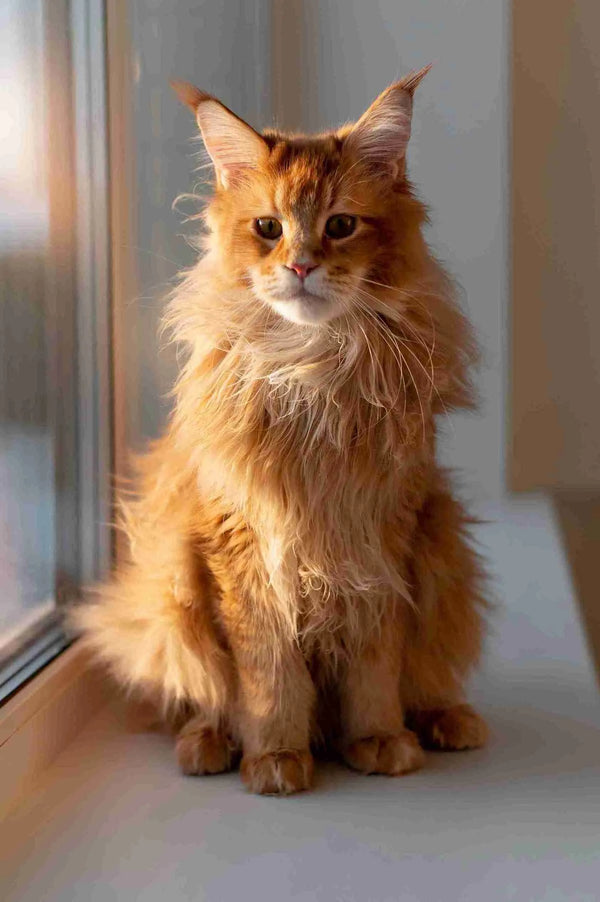
0 comments